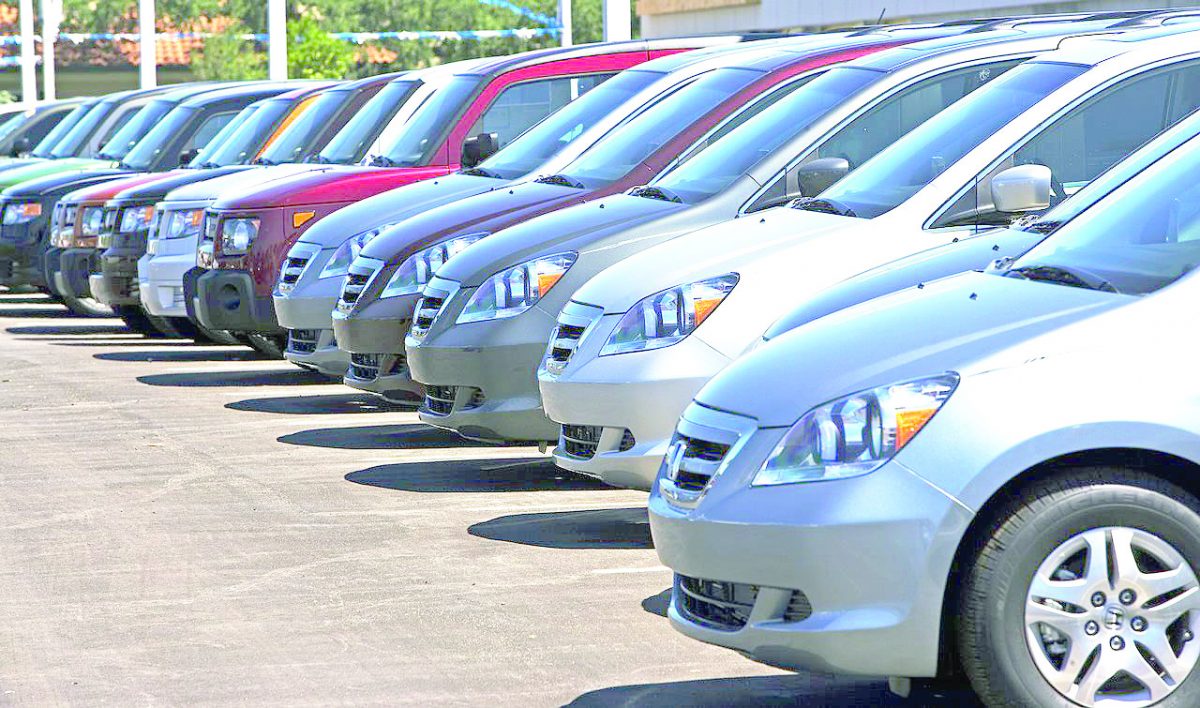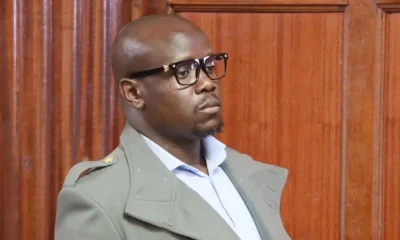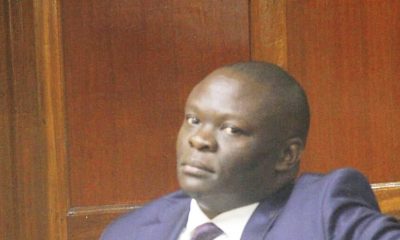News
Revealed: How Money Laundering Is Done Through Vehicle Dealerships And Car Yards In Kenya

Typically the cars will be bought in cash.
This is why they’re fond of taking frequent physical trips because it’s quite hard to wire large sums of money without raising suspicion with central banks. You have to physically deliver the money to conduit banks/intermediaries who process the payments.
So how does it work?
You buy the cars with the illegal cash and as soon as it docks the port it is classified as a legitimate asset with no concern for the source of funds of the owner.
Most times these cars are being bought for “individuals” but under company names. Just convoluted paperwork to obscure true ownership and make it harder to seize as an asset.
A lot of dealers accept cash. By accepting cash payments it’s hard to scrutinize the source of wealth that the “buyer” has. You steal your X amount. Schedule a few trips to UAE or other jurisdictions, deposit the money directly into the “sellers” account, then wait for them to ship your cars.
Some times these dealerships are just selling cars to each other so as to create clean banking records
Eg. ABCG motors buys a car at 10m using stolen funds and then sells the car to DEFG motors for 20m. Both dealerships are owned by the same criminal entity or individual.
Other times they’re “selling” cars without actually selling them.
Claim you have a car in stock and that so and so bought it however the person never actually collected the car but they deposited 10m with your dealership as the sale amount. This is done to cover up payments for like drug deals or other criminal activities.
Kenya Insights allows guest blogging, if you want to be published on Kenya’s most authoritative and accurate blog, have an expose, news TIPS, story angles, human interest stories, drop us an email on [email protected] or via Telegram
-

 Grapevine2 weeks ago
Grapevine2 weeks agoRussian Man’s Secret Sex Recordings Ignite Fury as Questions Mount Over Consent and Easy Pick-Ups in Nairobi
-

 News1 week ago
News1 week agoTHE FIRM IN THE DOCK: How Kaplan and Stratton Became the Most Scrutinised Law Firm in Kenya
-

 Investigations2 weeks ago
Investigations2 weeks agoMulti-Million Dollar Fraud: Three Kenyans Face US Extradition in Massive Cybercrime Conspiracy
-

 Economy1 week ago
Economy1 week agoIran Demands Arrest, Prosecution Of Kenya’s Cup of Joe Director Director Over Sh2.6 Billion Tea Fraud
-

 Business1 week ago
Business1 week agoA Farm in Kenya’s Rift Valley Ignites a National Reckoning With Israeli Investment
-

 Africa2 weeks ago
Africa2 weeks agoFBI Investigates Congresswoman Ilhan Omar’s Husband’s Sh3.8 Billion Businesses in Kenya, Somalia and Dubai
-

 Grapevine6 days ago
Grapevine6 days agoA UN Director Based in Nairobi Was Deep in an Intimate Friendship With Epstein — He Even Sent Her a Sex Toy
-

 News2 weeks ago
News2 weeks agoTragedy As City Hall Hands Corrupt Ghanaian Firm Multimillion Garbage Collection Tender




























